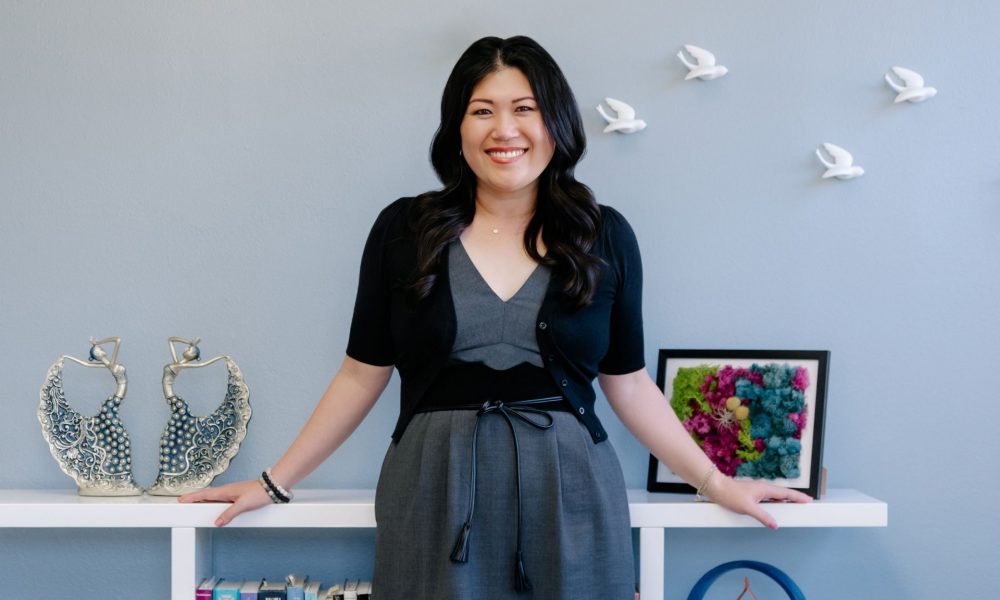

Today we’d like to introduce you to Dr. Nina Nguy.
Hi Dr. Nguy, so excited to have you on the platform. So, before we get into questions about your work life, maybe you can bring our readers up to speed on your story and how you got to where you are today.
I am Dr. Nina Nguy, a licensed Clinical Psychologist in Orange County. And yes, that is the complete spelling of my last name. I’ve lost track of how many times people (Americans and Vietnamese alike) added an “en” to my last name without asking, assuming it is supposed to be Nguyen. Nguy is a Chinese surname and is pronounced “n-wee,” as opposed to Nguyen, which is a Vietnamese surname. I know my last name is unusual and hard to pronounce, but I kept it after marriage to honor my family’s roots and history of migration.
I can’t tell my story without telling my family’s story, which began in China. My great-grandparents emigrated from China to Vietnam, looking for work opportunities. They were able to build a life for themselves with each subsequent generation being more successful than the previous. My grandparents started a bakery in Vietnam, and my parents had one year of college education before the Vietnam War broke out. I was born in Vietnam three years after Saigon fell to the Communist Party. My family lived under the Communist regime and directly experienced its tyrannical rule over its citizens, which made them decide to leave their homeland.
The first five years of my life were chaotic and traumatic. In stealth, my family organized and planned multiple attempted escapes. When captured, my father and grandfather were sent to “re-education” camps/labor camps, while the women and children were imprisoned for months at a time. Upon release, the stealth strategizing of a new escape plan would start over again. Eight times, we attempted to escape, were captured, imprisoned, and released.
In September of 1983, under the cover of night, it was time to execute one last escape plan months in the making. A total of 35 people made their way through the jungle and onto a fishing boat my grandfather had built for this purpose, and we left the shores of Loc An, Vietnam. At 5 years old, I was the youngest person on this boat. After five days at sea, we landed on the island of Galang, Indonesia. We stayed in the refugee camps in Indonesia for one year before being sponsored to come to the United States in August 1984.
The eleven people in my immediate family who escaped by boat were split up in America. My parents, sister, and I went to live with my mother’s side of the family in the East Bay of Northern California. In the early 1980s, there weren’t many people who looked like me in that area. There was no Vietnamese enclave where I grew up like Little Saigon here in Orange County.
Those early elementary school years were hard because I was so different from my peers. On top of being painfully shy, I didn’t know English, so I didn’t speak at school for several years. I’m sure my bowl-cut hair and mismatched clothes from the Salvation Army did not help me fit in. At school, I was often alone and lonely. At home, I was rejected also. I was not the stereotypical Asian girl who was obedient and petite. I was defiant and obese, the two most unacceptable qualities for a girl in our household.
So, at a very young age, I became exquisitely aware of the pain of being an “other” at home and school. This otherness feeling only grew stronger as I got older and found myself on the fringe of the mainstream in various areas of my life, most notably my chosen profession. These feelings were the seeds that sprouted and eventually led me to become a Clinical Psychologist to heal myself and later heal others.
I’m sure it wasn’t obstacle-free, but would you say the journey has been fairly smooth so far?
Absolutely not. When I was in college and was certain that I wanted to be a Clinical Psychologist, I was wrecked over having to break the news to my father. Although I had a reputation for being defiant at home, I respected my parents and knew this news would devastate them. They wanted both their daughters to be medical doctors, pharmacists, or dentists, professions with financial security and high honor like their friends’ children. I wanted that for them, too, because I witnessed my parents’ sacrifices and hard work to provide my sister and me with opportunities that they didn’t have. I tried pursuing those fields of study, but I was miserable.
Ultimately, my parents accepted my decision, but my father reviled my chosen profession. It was terrifying to commit another six years of my life to school and accrue six figures in student loans to go after something no one supported me in – and I had no model for. I did not know of a single Clinical Psychologist in private practice, let alone someone who looked like me. I was told that there was no market for what I wanted to do; I wouldn’t be a “real” doctor (MD) and would be poor for the rest of my life.
Despite all this, I pursued a doctorate in Clinical Psychology anyway because I believed in the life-saving power of psychotherapy. I knew that I couldn’t be the only person suffering. If therapy helped me, then it could help other people. I wanted to be that person helping people feel peace, safe, and valued.
On a macro level, the greatest obstacle to my work as a Psychologist in Orange County is the stigma of mental illness in the Asian community and ignorance about the entire psychotherapy profession – what it is and how it can benefit people. I do a lot of psychoeducation to help bring about paradigm shifts in how they view mental illness, treatment models, and payment for treatment.
In the Vietnamese community, the predominant belief is if you’re not “crazy,” then you don’t need to see a “crazy doctor” (aka Clinical Psychologist). The “crazy” people they are referring to are those who experience audio and visual hallucinations and likely suffer from Schizophrenia. Short of having symptoms that severe, it is common to believe that there is no need to see a Clinical Psychologist. Symptoms of depression and anxiety often get ignored or encouraged to push through as a matter of willpower.
To their credit, Vietnamese people have tremendous fortitude as a result of hundreds of years of colonization, war, and poverty. When the environment is dangerous, then yes, talking about thoughts and feelings would not be the best use of time and resources. But we are no longer in that place of imminent danger. If trauma, anxiety, and depression go untreated, they could cause significant impairment in functioning, physical health, and quality of life. Asian people have a high prevalence of experiencing aches and pains that medical doctors can’t find a physiological cause for. Patients would then be referred to psychology for treatment, but many don’t pursue the referral.
Another obstacle to psychotherapy is the cost. Therapy is not cheap, and many Psychologists are not in-network with insurance panels because they are notorious for not compensating their providers with the market rate commensurate with their education, training, and the cost of living in California. As such, it is increasingly common to have to pay out-of-pocket to see a psychologist. But even people who own a couple of Teslas and countless high-end designer handbags don’t want to pay for psychotherapy.
I explain to people that the investment in weekly sessions doesn’t go on forever. Typically, psychotherapy could range from a few months to a couple of years, depending on the treatment goals. The length of treatment is different for everyone because who we are and our life circumstances are unique.
I believe wholeheartedly that psychotherapy is the single most important thing you could do to improve all aspects of your life: your work performance, all your relationships, your physical health, your mental health, and your life satisfaction. When people experience the transformation for themselves, they appreciate the value of psychotherapy and believe it is worth the investment.
Thanks – so, what else should our readers know about Orange County Asian American Psychotherapy?
At the moment, I am the face of OCAAP. I’ve been a licensed Clinical Psychologist for over 13 years. I’ve had my Orange County therapy practice for 8 years. My office is in Costa Mesa, across the street from The CAMP and The LAB Anti-Mall. There are two branches of what I do, clinical work (diagnosing and treating psychological problems) and psychological assessment.
For my clinical work, I do psychotherapy with individuals and couples in person and telehealth. I specialize in Asian mental health, with a sub-specialty in Vietnamese mental health. My ability to speak Vietnamese and my 1.5 generation status uniquely position me to effectively treat both older immigrant parents and their American-born children. I can immerse myself in both perspectives easily and be the bridge that connects the two generations.
I have an affinity for working with people who struggle with feeling a sense of otherness in their identity, whether it be from their sexual orientation, weight/body image, gender identity, nontraditional profession, learning disability, or neurodivergence. I love to help people process the intersectionality between their various identities with their membership in the family and culture.
In addition to improving relationships, I specialize in helping people heal from debilitating traumas and process loss/grief through an evidence-based eye movement therapy called Accelerated Resolution Therapy (ART), where people “keep the knowledge, lose the pain.” With ART, people typically experience lasting relief from symptoms within 1-2 sessions!
The second branch of my work is conducting psychological evaluations for immigration courts and the United States Citizenship and Immigration Services (USCIS). I also assess mental impairment for people seeking Medical Certification for Disability Exceptions (N-648) to waive the English and civics testing requirements for naturalization. I can do these evaluations for anybody, but it’s especially rewarding when I evaluate Vietnamese people and get to use my expertise in clinical psychology to demonstrate the state of their psychological functioning to immigration courts and USCIS, which could have a profound effect on their circumstances.
So, whether it be treating patients directly or doing evaluations, I feel a tremendous honor in being allowed to be with someone in their most vulnerable state and doing what I can to heal and improve their situation. I LOVE my work! I love that I get to deeply connect with people, bear witness to their courage and tenacity, and contribute to their healing transformation. I am living the American dream. I get to do what I love, make a difference in people’s lives, and earn money to support my own family. My life is not the dream that my father had envisioned for me when we escaped Vietnam, but to me, my life is better than his dream.
We’d love to hear about any fond memories you have from when you were growing up.
A couple of months ago, out of the blue, I had my own Crying In H-Mart (a book by Michelle Zauner) moment at a Vietnamese grocery store. It wasn’t until then that I realized how meaningful this memory I’m about to share is to me.
As a little girl, up until I moved away to college, every Sunday was family day. It was the only day my parents took off from work. Family day was always the same. Drive an hour to the nearest Asian community in Oakland or drive two hours to San Jose. After a breakfast of pho, my dad would drop off my mother and me at a grocery store while he and my sister ran other errands. I liked spending time with her and learning about how to choose the best fruits and freshest vegetables, but there was A LOT of waiting around with nothing to do (pre-cell phone era). My mother was notorious for shopping at one store, then leaving me outside to watch our bags of purchased groceries while she walked to another store to buy more items while we waited for my dad to come back to pick us up.
On that day a couple of months ago at the Vietnamese grocery store, I was keenly aware of my mother’s absence and missed her presence. Nowadays, she and I still have to grocery shop, but we each do it alone. I realized that as bored as I was every week, I didn’t protest because I knew it was the only quality time I had with my mother. And boredom was a small price to pay for that.
The other memory has to do with my father. To his daughters, my father is a very strict, traditional man, adhering to Confucius’ teachings regarding gender roles and childrearing. He is not a man who talks or cares to listen about feelings, praises accomplishments or asks how we’re doing. And he definitely does not hug or kiss.
I lived in the dorms in my first year of college at the University of San Francisco. Whenever he was in the area to run errands, my mother made him drop off home-cooked food to me. I usually met him outside of my dorm; he’d give me the food bag and immediately turn to leave.
But on one particular day, he gave me the food bag and lingered. Without uttering a word, he gave the top of my head two quick pats, then turned and walked back to his car. Tears blurred my vision as I watched him leave. I immediately felt the significance of that small gesture. I imagined him expressing to me that it’s quiet at home without me, maybe even that he’s proud of me and misses me, or to take care of myself. I’ll never know if any of these things are true because these words will never escape his lips. Regardless, I cherish this memory because I recognized his attempt to connect with me, and it was the closest I’ve ever felt to my father.
Contact Info:
- Website: www.ocaapsych.com
- Phone: 626-991-2099
- Office Address: 2900 Bristol St. Suite D106, Costa Mesa, CA 92626
- LinkedIn: https://www.linkedin.com/in/nina-nguy-psy-d-pmh-c-7aa5011a/
Resources:
https://acceleratedresolutiontherapy.com/
https://acceleratedresolutiontherapy.com/evidence-based/
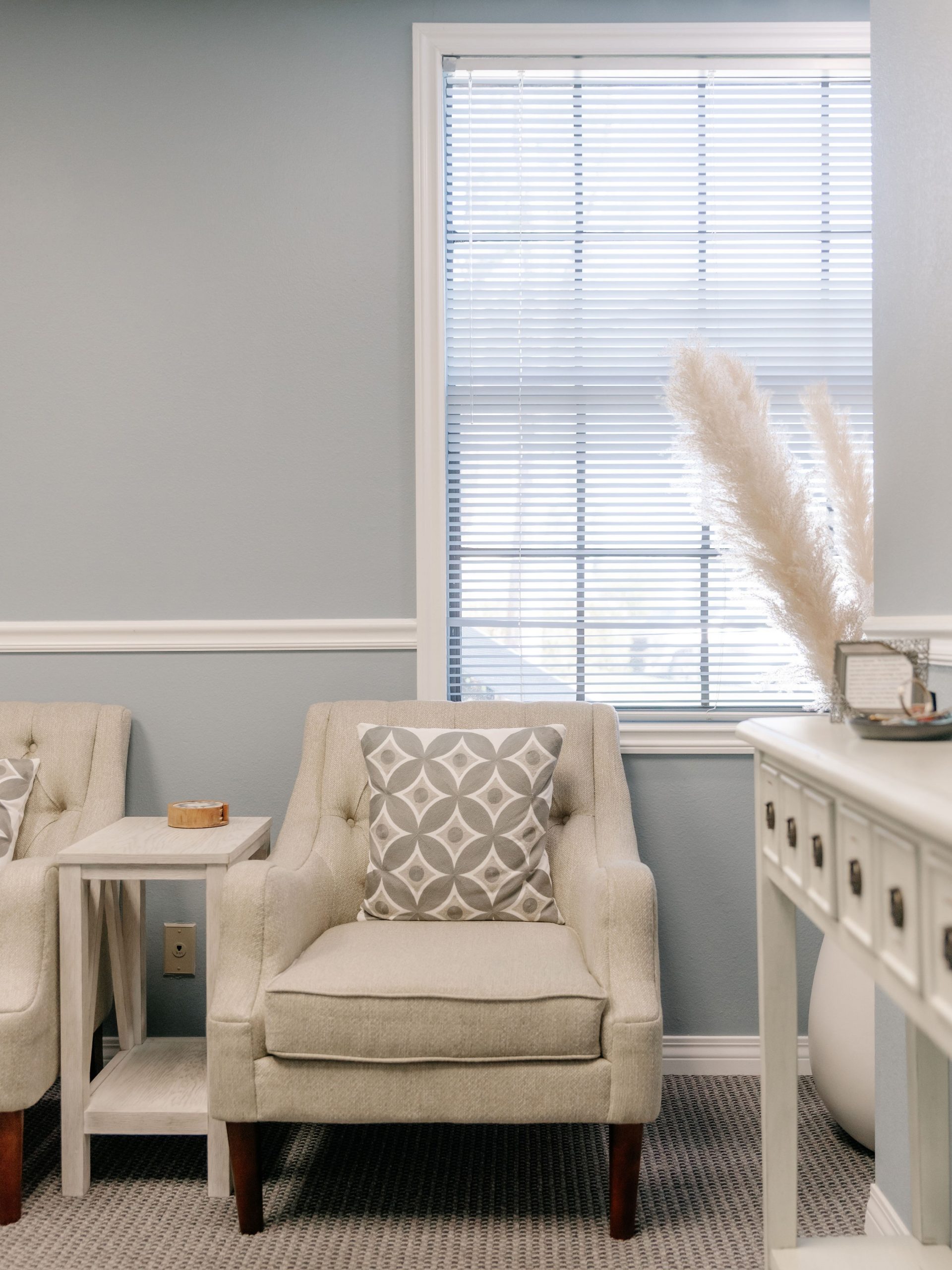
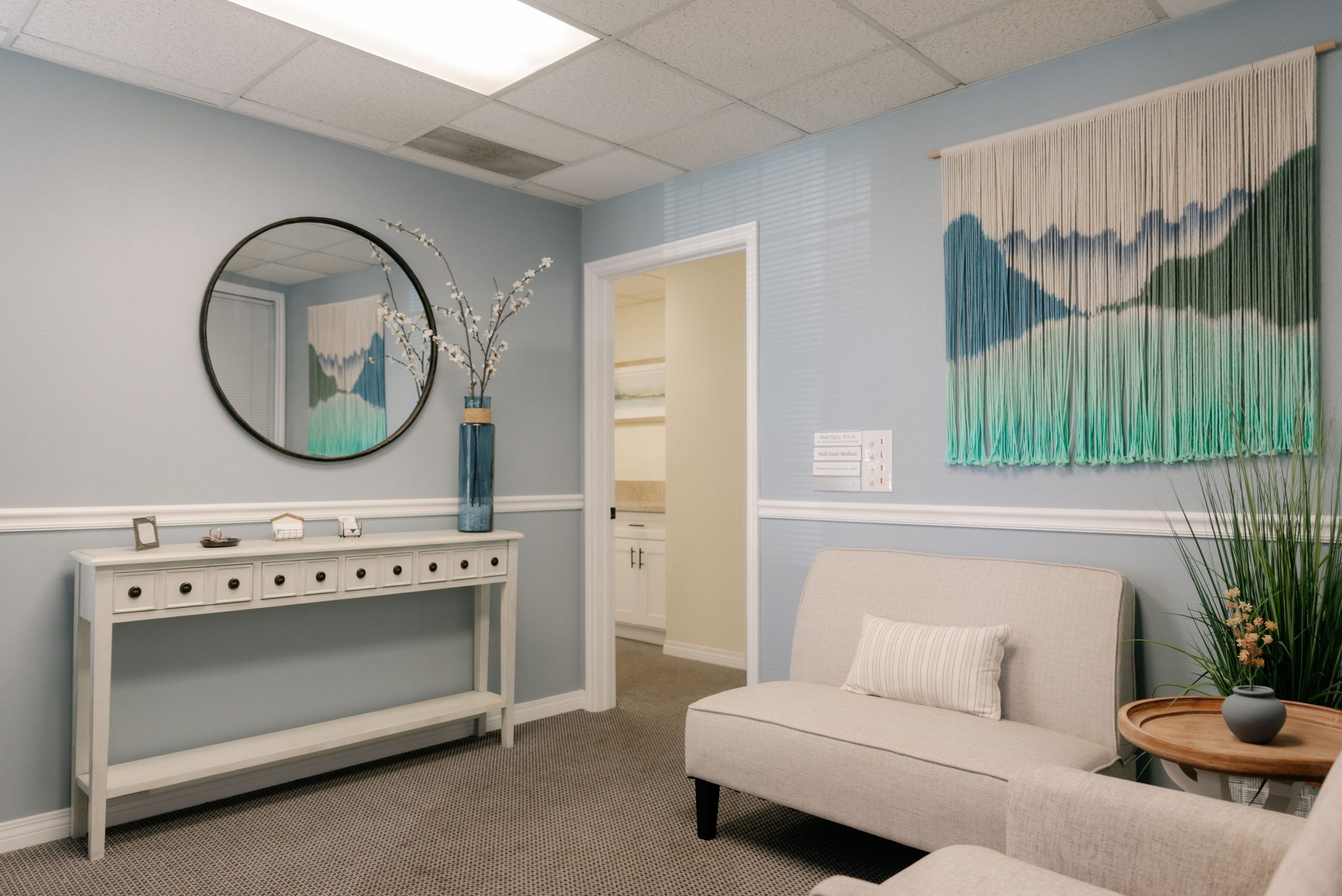
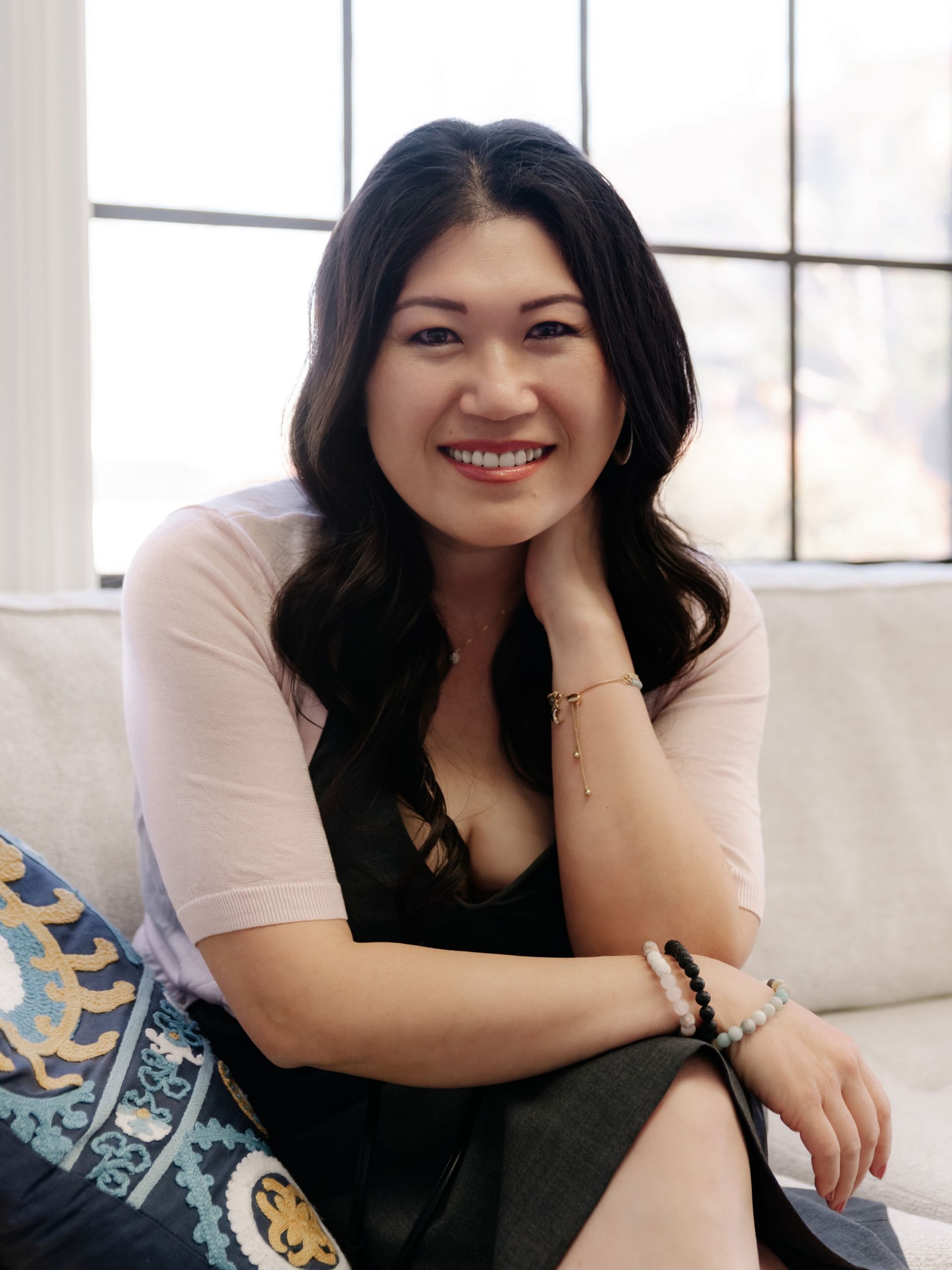
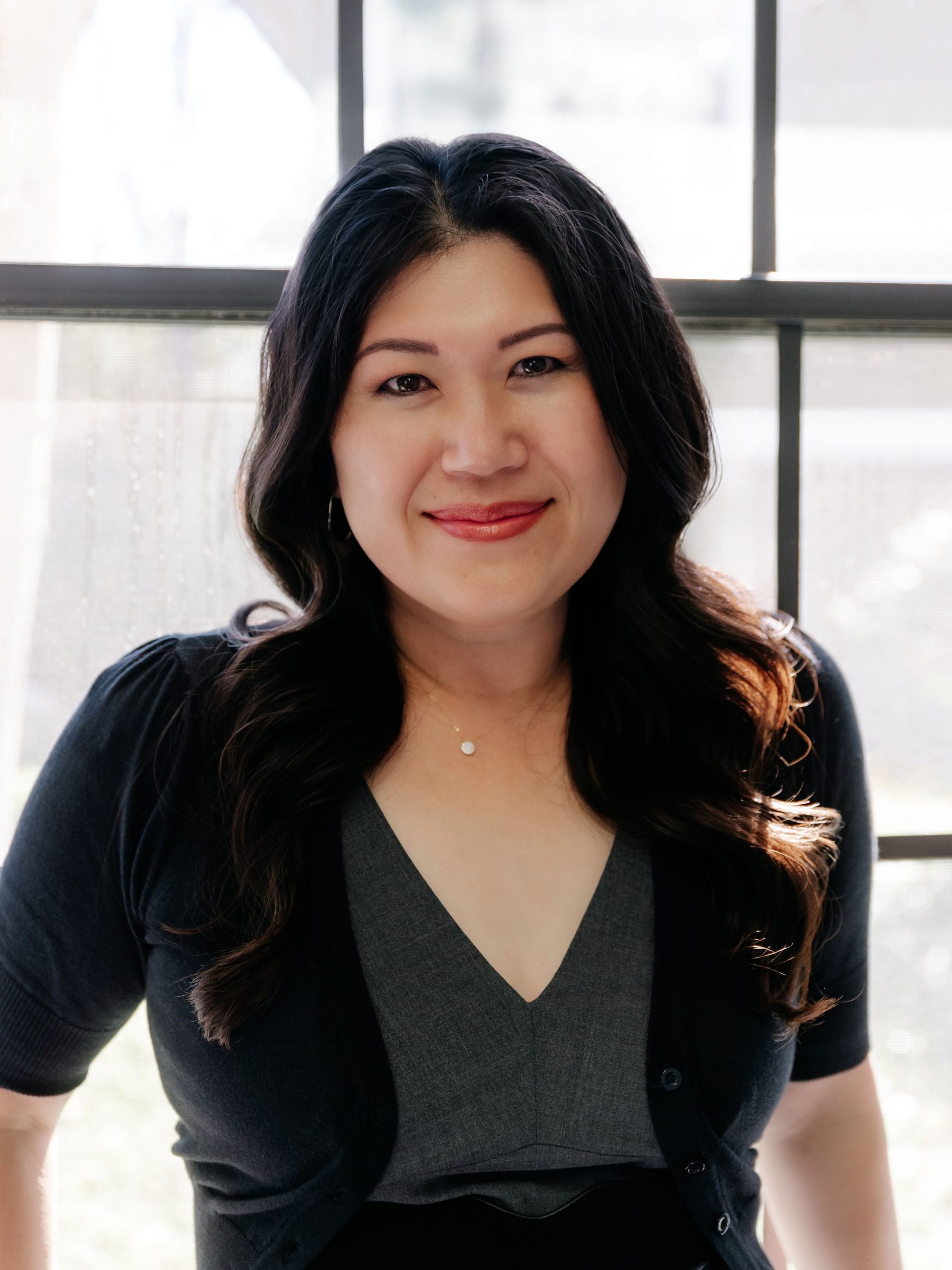
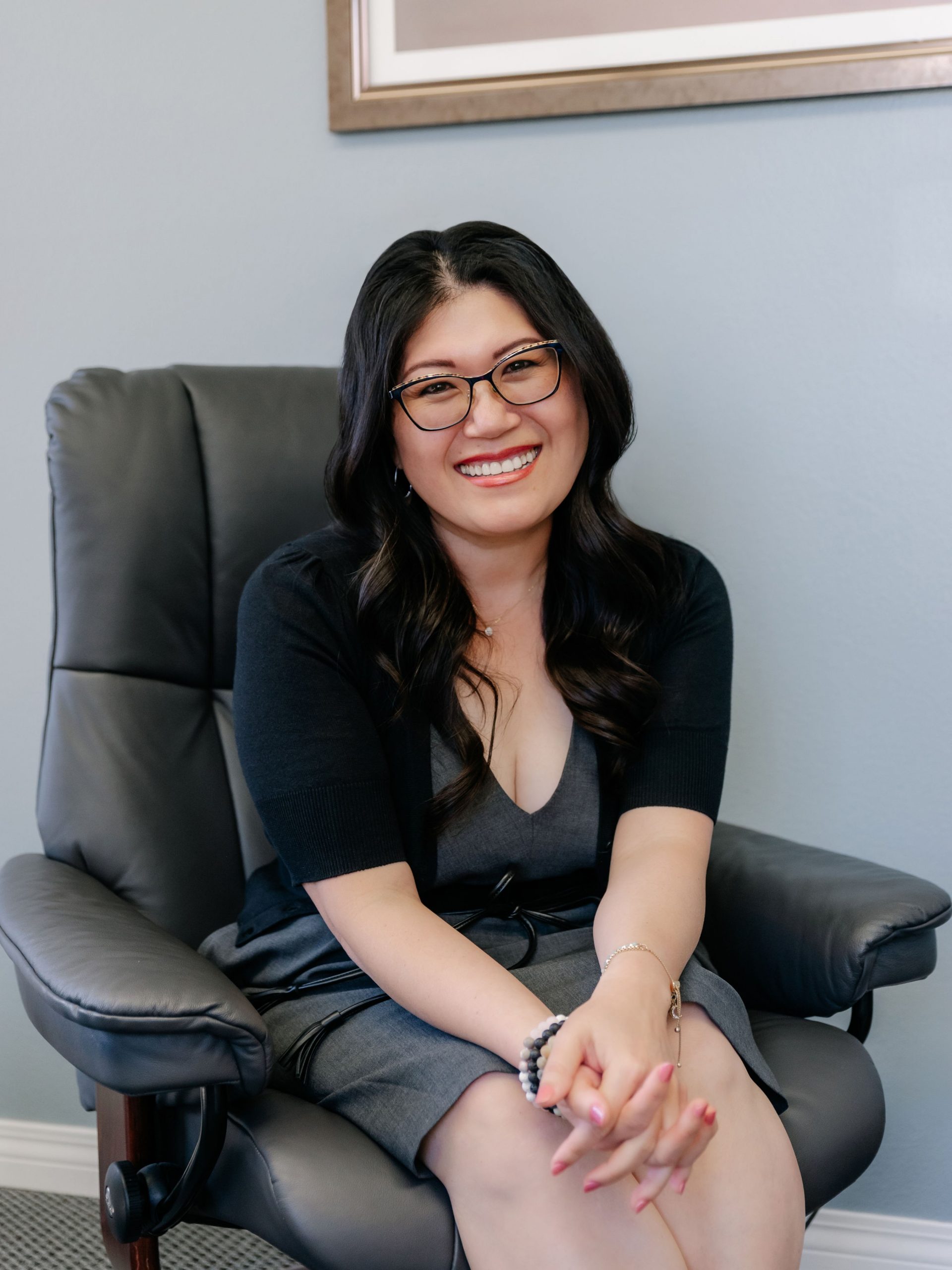
Image Credits
Jacey Vermeersch














